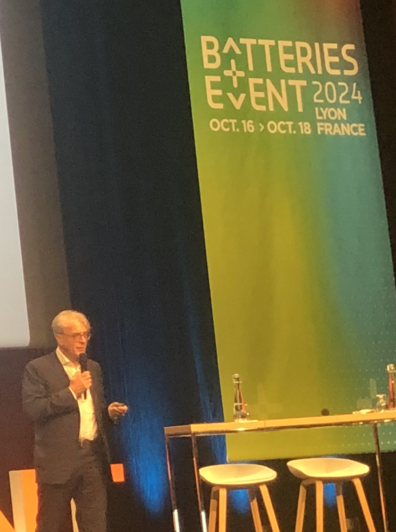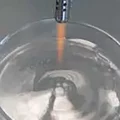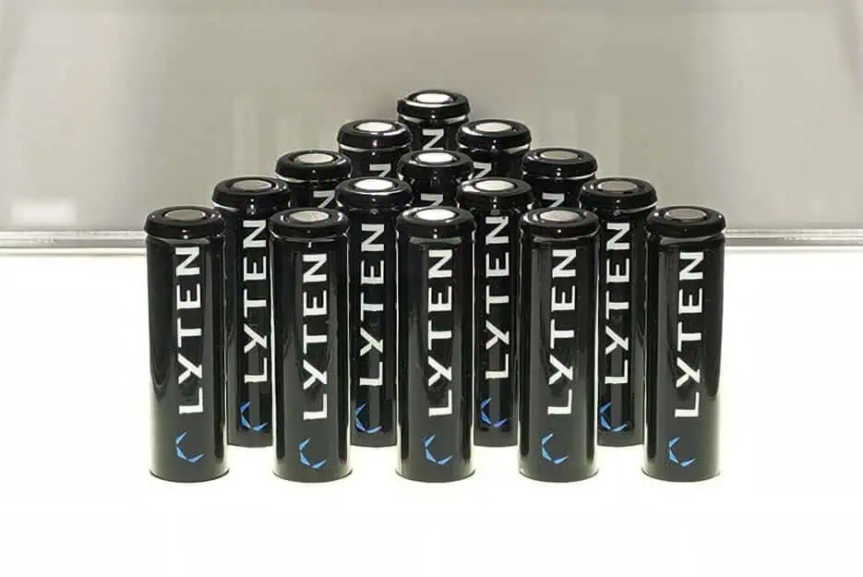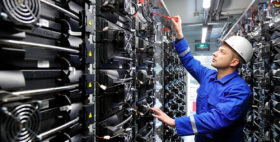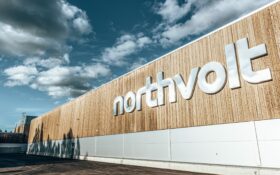The boss of cell maker Automotive Cells Company (ACC) has said the company is considering introducing additional chemistry batteries to its range to help it respond to the slowdown in the EV market. At the same time, he called for more public subsidies to support the industry.
Addressing a session at this week’s Batteries Event in Lyon, France, Yann Vincent said the company would make a decision next year on whether to introduce new chemistries to allow it to cater for both low cost and high energy density batteries, which are more expensive.
He admitted the company is behind on its ramping up objectives, but said it was on course with, and so far had met all, its commitments. Explaining the company’s decision to put on hold the construction of new gigafactories in Italy and Germany, he said: “It’s a very complex industry. Any time the market isn’t subsidised, there is no market. In Germany they cancelled subsidies, and immediately the market went down. The same in Italy and Spain.
“This highlights that the market is highly price sensitive, but considering the gap with ICE vehicles, this price sensitivity is increased.”
He said all cell manufacturers planning to increase capacity in Europe have reduced forecasts and some had even moved out of Europe.
“Considering the investment needed, and with the market slowing down, we need to be more cautious.”
He said customers are asking for low cost products from ACC. “They want to reduce cost of EVs so they put pressure on battery prices. That’s why we decided to take some time. We’ve not yet decided to engineer a product with lower cost chemistry. I believe in 2025 we will be in a position to go or not with this technology.” The company currently makes lithium-ion cells.
ACC will need two different products in its portfolio, Vincent said. A high-energy density, high-range battery aimed at customers who will make up about 30% of revenue. The rest will be based on LFP – “or something like that” – with an optimal cost. “Were learning a lot, but with a gigafactory.”
He added: “We need additional support to ensure the success of a competitive industry.” A 15GWh gigafactory costs €1bn ($1.1 billion) in capex, he said. He noted Asian competitors are building bigger plants.
“Without subsidies, we wouldn’t have built our first gigafactory. We need to be supported and for a simple reason: we’re a four-year-old company. We’re learning to run and are competing with companies 15–20 years old.”
He later told BEST he had no specific figure in mind in his call for more public financial support.
The company has an R&D centre and pilot line up and running at Bruges (near Bordeaux) and Nersac (near Angoulême) respectively. Its first EV battery gigafactory started production at the end of 2023 in Billy-Berclau Douvrin, France.

